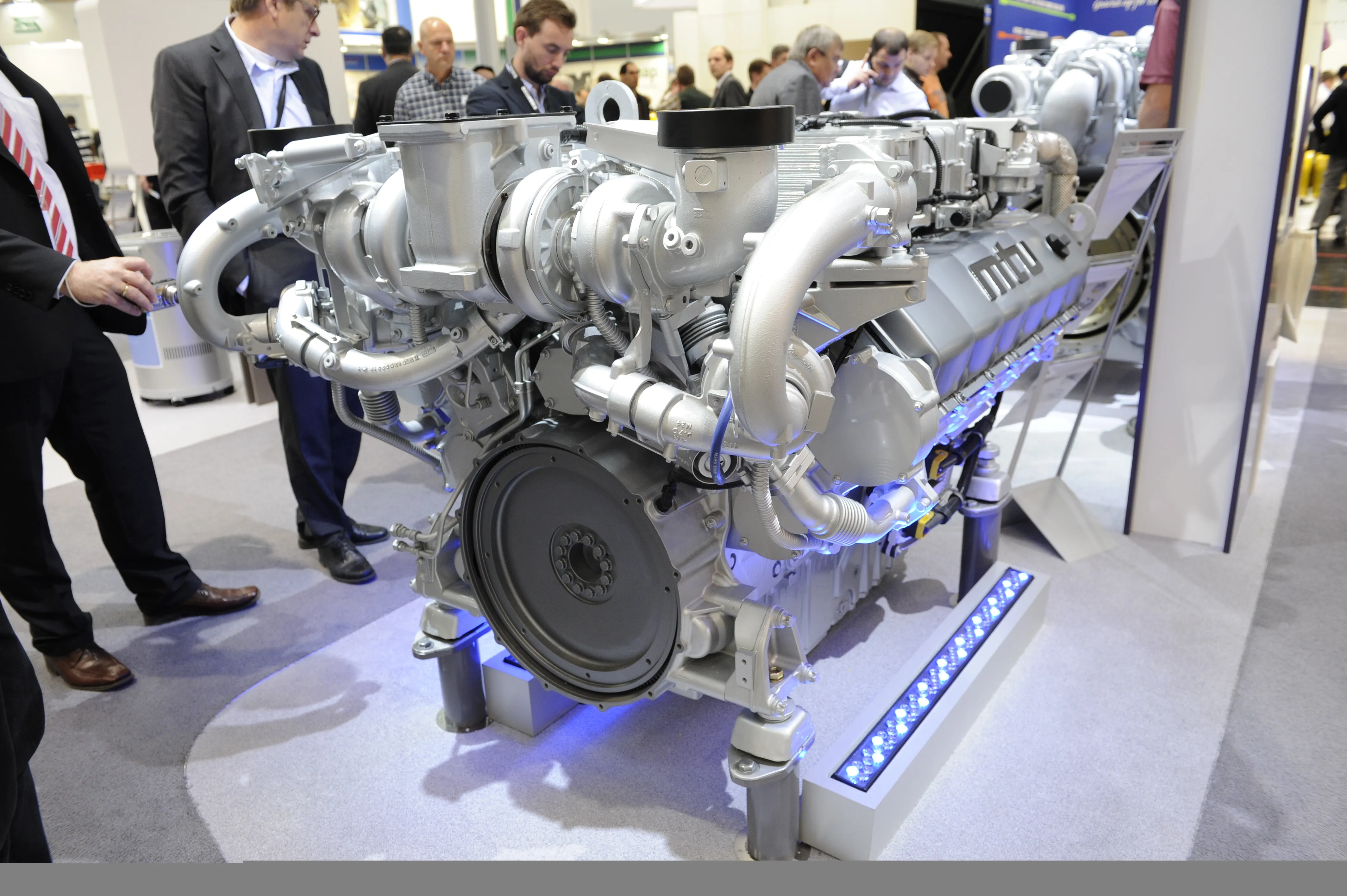Italian construction equipment manufacturers are being urged to embrace “internationalisation” if they are to survive and prosper, after new figures revealed declining domestic but rising export sales in 2011.
January 6, 2017
Read time: 2 mins

Italian construction equipment manufacturers are being urged to embrace “internationalisation” if they are to survive and prosper, after new figures revealed declining domestic but rising export sales in 2011.
Full year road machinery sales in Italy were down 43.6%, and earth moving machine sales by 21.2% on 2010 levels. Sales of concrete machinery (truck mixers, concrete pumps, truck-mounted and stationary pumps, plants, shotcrete) fell by 7% in the last three months of 2011 compared to the third quarter of the year.
The figures were processed by trade association,2539 Unacea, based on data provided by Istat (The Italian Institute for Statistics).
On a more encouraging note, further Unacea processed Istat figures show exports of Italian earth moving machinery increased by 39%, road machinery by 14% and concrete machinery by 9% in the first 10 months of 2011, compared to the same period of the previous year. Exports of Italian-made tower cranes were also up by 30%, while drilling machine sales rose by 21%. Crushing and screening machinery exports fell by 13%.
Commenting on the figures Paolo Salvadori, president of Le Oru –2318 IMER Group, said: “The reality is that we have to acknowledge a phenomenon which is no longer cyclical, but structural, that is the transfer of wealth and affluence from Europe to other countries. It is a reality that cannot be eliminated, but managed, first of all, through processes of internationalisation, which does not simply mean selling abroad, but transferring your concept of business to other countries.”
Federico Furlani, managing director of2595 Simem Spa, said: “The domestic market situation remains invariably negative, while in exports, although there are a few signs of a recovery, we have to deal with competition from ‘emerged’ countries which, like China, are conquering positions in our sector through acquisitions, such as the recent case of 1259 Putzmeister.
“In Italy, recent seismic events could and should act as an effective reminder to return to discussing the quality of concrete and its production process: pre-mixing, automation and process control. From this perspective, we hope that there will soon be a response from the government, because these provisions could contribute to the growth that the country needs so urgently.”
Enrico Prandini, of2300 Komatsu Utility Europe and vice president of Unacea, said the need to reduce the Italian public debt had limited investment in national infrastructure.
He added: “It risks negating all the sacrifices the population has made: if there is not a return to making investments, the recession will continue to increase the public debt and interest rates on it, sending the economy into a downward spiral."
2 Internal 2 4824 0 oLinkInternal <span class="oLinkInternal"><span class="oLinkInternal">View more videos</span></span> Video false /event-news/intermat-2012/video/ true false %>
Full year road machinery sales in Italy were down 43.6%, and earth moving machine sales by 21.2% on 2010 levels. Sales of concrete machinery (truck mixers, concrete pumps, truck-mounted and stationary pumps, plants, shotcrete) fell by 7% in the last three months of 2011 compared to the third quarter of the year.
The figures were processed by trade association,
On a more encouraging note, further Unacea processed Istat figures show exports of Italian earth moving machinery increased by 39%, road machinery by 14% and concrete machinery by 9% in the first 10 months of 2011, compared to the same period of the previous year. Exports of Italian-made tower cranes were also up by 30%, while drilling machine sales rose by 21%. Crushing and screening machinery exports fell by 13%.
Commenting on the figures Paolo Salvadori, president of Le Oru –
Federico Furlani, managing director of
“In Italy, recent seismic events could and should act as an effective reminder to return to discussing the quality of concrete and its production process: pre-mixing, automation and process control. From this perspective, we hope that there will soon be a response from the government, because these provisions could contribute to the growth that the country needs so urgently.”
Enrico Prandini, of
He added: “It risks negating all the sacrifices the population has made: if there is not a return to making investments, the recession will continue to increase the public debt and interest rates on it, sending the economy into a downward spiral."
%$Linker:






